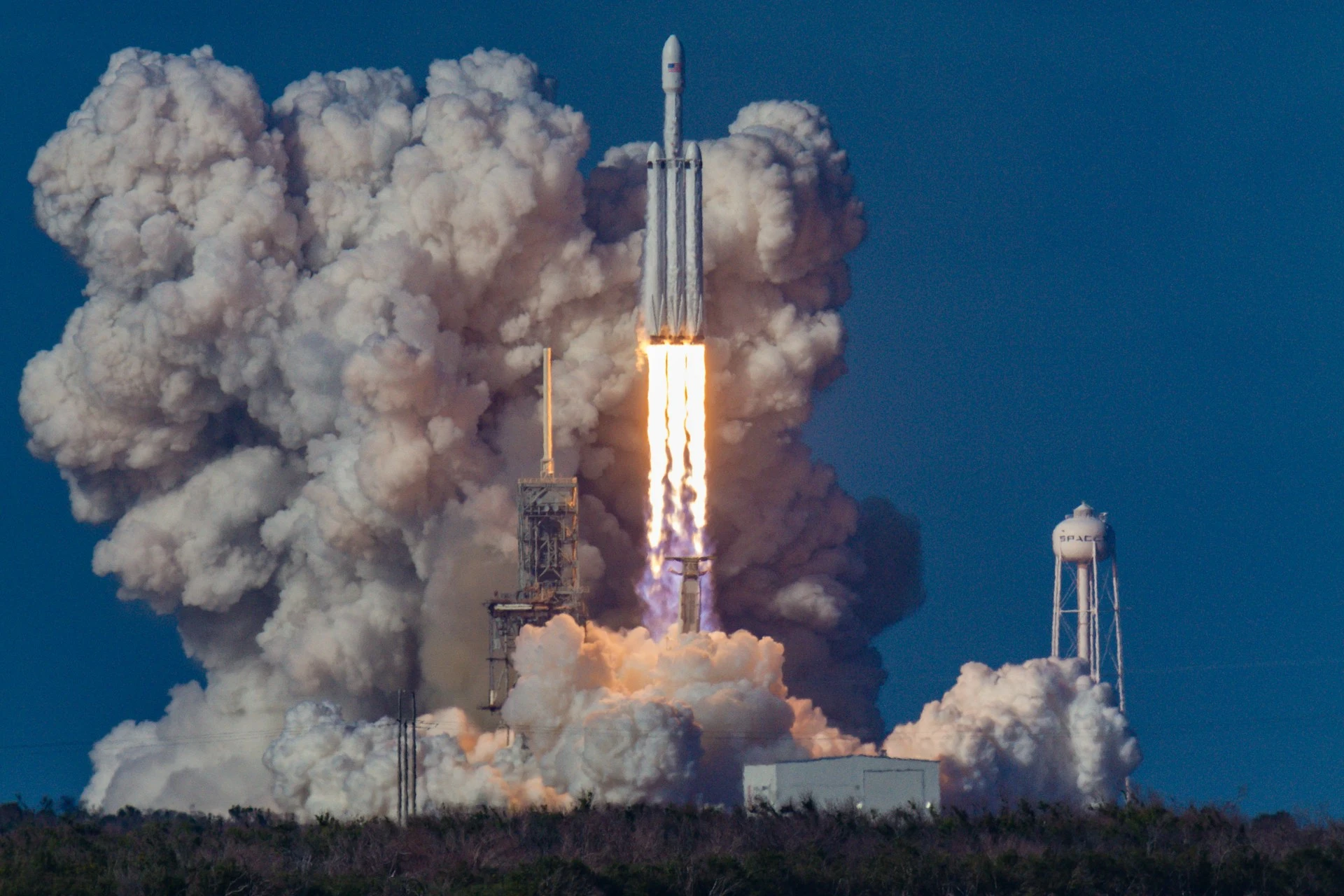SpaceX’s Falcon 9 rocket, a pioneering symbol of reusable spaceflight, has found itself grounded by federal regulators for the second time this year following a failed landing attempt. The US Federal Aviation Administration (FAA) announced on Wednesday that it would launch an investigation into the incident, marking a rare hiccup in what has been an impressive track record for SpaceX and its ambitious founder, Elon Musk.
A Routine Mission Gone Awry
The Falcon 9 rocket was engaged in a routine Starlink mission, tasked with delivering another batch of satellites into orbit. The mission itself proceeded without issue, with the satellites successfully deployed to further expand SpaceX’s ever-growing constellation aimed at providing global internet coverage. However, trouble arose during the critical landing phase of the mission.
The Falcon 9’s reusable first-stage booster, designed to return to Earth after its mission, attempted to land on a droneship stationed in the ocean. This process, a hallmark of SpaceX’s cost-saving innovations, has been successfully executed hundreds of times. Yet, this time, the rocket booster failed to complete its landing, toppling into the ocean after what appeared to be a routine touchdown.
FAA Steps In
The FAA, the federal agency responsible for overseeing the safety of all civil aviation in the United States, promptly announced an investigation into the incident. An FAA spokesperson commented on the situation, stating, “The incident involved the failure of the Falcon 9 booster rocket while landing on a droneship at sea. No public injuries or public property damage have been reported. The FAA is requiring an investigation.”
The grounding of Falcon 9 is not an event to be taken lightly. The rocket, which has been integral to SpaceX’s operations since its first flight in 2010, is known for its reliability and reusability. The rocket’s two-stage system has been used for a wide range of missions, from ferrying astronauts to the International Space Station to launching satellites for commercial and government clients. The recent incident marks only the second time since 2016 that the rocket has faced such scrutiny, the first being in July of this year when a second-stage failure in space doomed a batch of Starlink satellites.
Repercussions and Investigations
The FAA’s decision to ground the Falcon 9 signals the seriousness of the situation. While SpaceX has seen its share of explosive failures in the past—often framed as part of the learning curve in pioneering new technology—this particular incident involves the failure of a core aspect of its reusable rocket technology. The investigation will likely focus on identifying the cause of the failure, be it mechanical, software-related, or due to external factors such as weather or operational errors.
For SpaceX, the implications of this grounding are significant. The company’s ability to consistently reuse its rockets is central to its business model, allowing it to lower costs and maintain a rapid launch cadence. Any delay or restriction imposed by the FAA could disrupt its launch schedule, affecting not just its Starlink missions but also other commercial and government payloads.
Looking Forward
Despite this setback, SpaceX has demonstrated resilience in the face of challenges before. The company’s rapid pace of innovation, combined with its ability to learn from failures, has made it a leader in the space industry. As the investigation unfolds, the focus will be on how quickly SpaceX can address the issues and get Falcon 9 back in the air.
In the broader context, this incident serves as a reminder of the complexities and risks inherent in space exploration. Even as technology advances, each mission is fraught with challenges that require meticulous planning and execution. As SpaceX works closely with the FAA, the outcome of this investigation will be crucial in ensuring the continued success of the Falcon 9 program and the broader goals of space exploration.
Also Read : The Rise of Ghost Jobs: Navigating the Challenges of Fake Job Listings 2024
